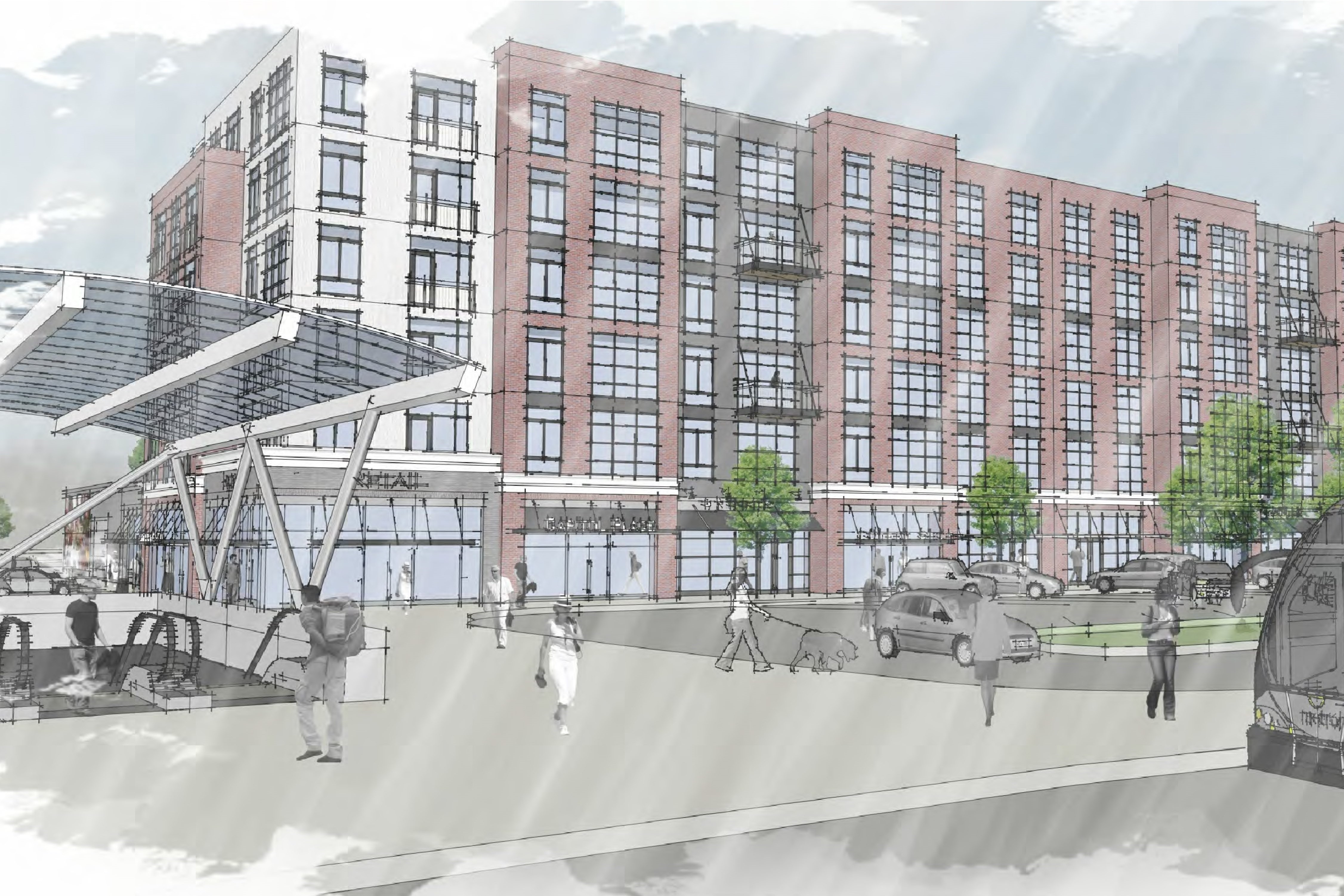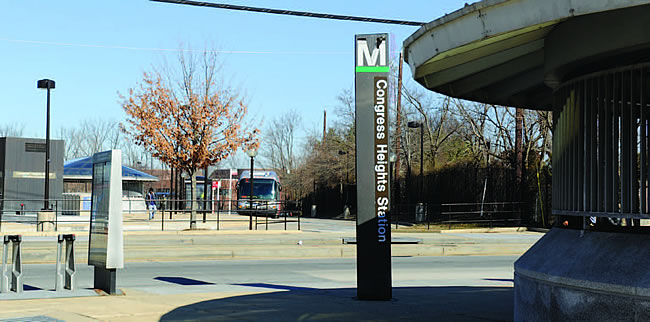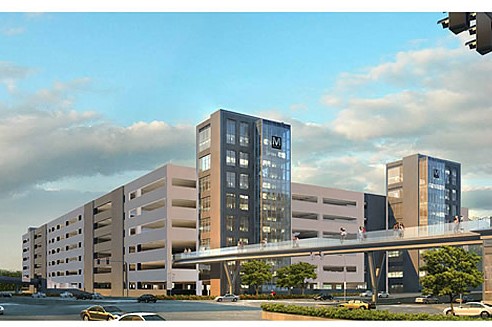Learn about WMATA Bonds including our Sustainability, News & Press Releases, Projects, and Team.
Talk to us
Have questions? Reach out to us directly.
Learn about WMATA Bonds including our Sustainability, News & Press Releases, Projects, and Team.
About WMATA Bonds
- Dedicated Revenue Bonds Ratings
- AA/AA/AA+
The Washington Metropolitan Area Transit Authority (Metro) was created by an interstate compact in 1967 to plan, develop, build, finance, and operate a balanced regional transportation system in the national capital area. Metro began building its rail system in 1969, acquired four regional bus systems in 1973, and began operating the first phase of Metrorail in 1976. Today, Metrorail serves 91 stations and has 117 miles of track. Metrobus serves the nation’s capital 24 hours a day, seven days a week with 1,500 buses. Metrorail and Metrobus serve a population of approximately 4 million within a 1,500-square mile jurisdiction. Metro began its paratransit service, MetroAccess, in 1994; it provides about 2.3 million trips per year.
Image Gallery
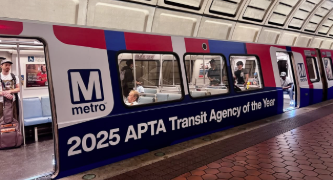
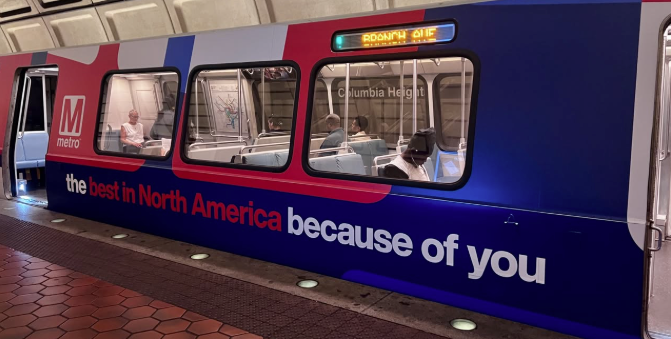
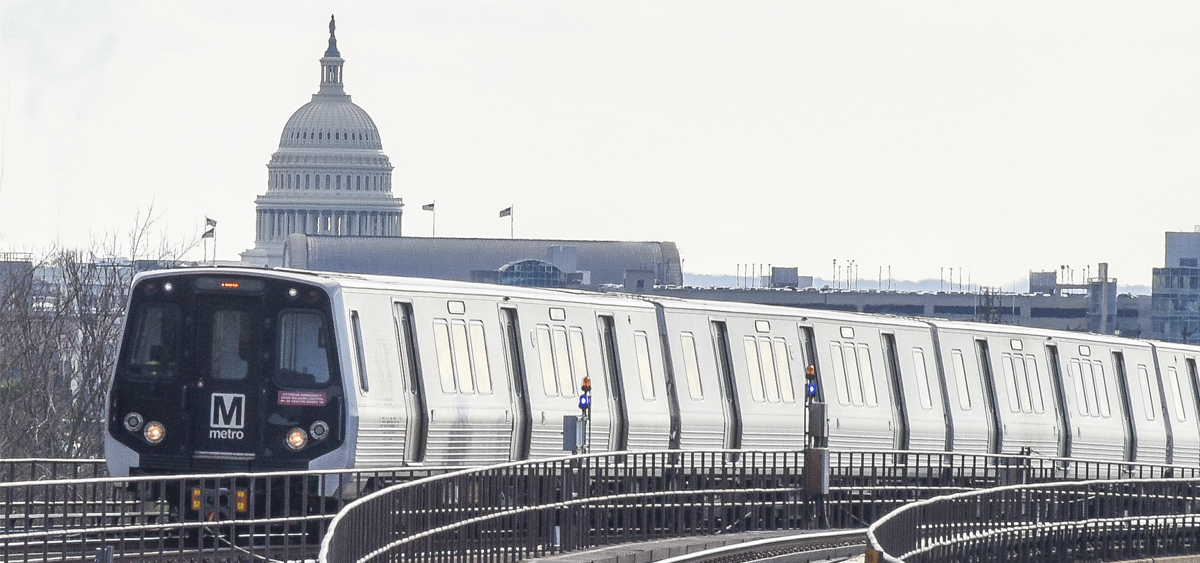
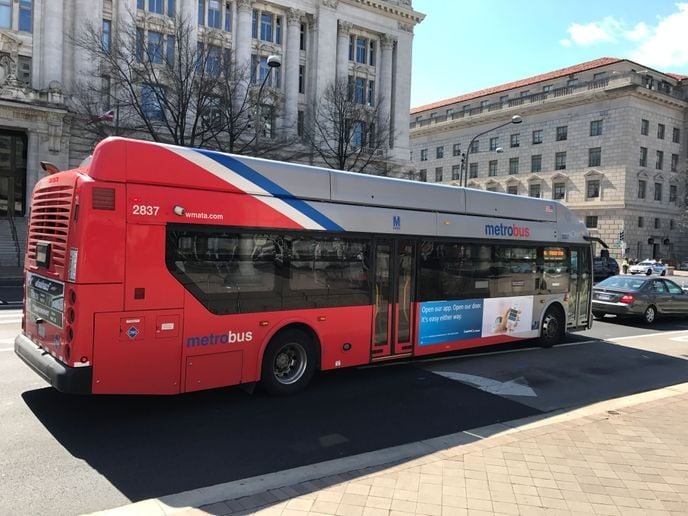
-cropped.IbBrbkGH.png)
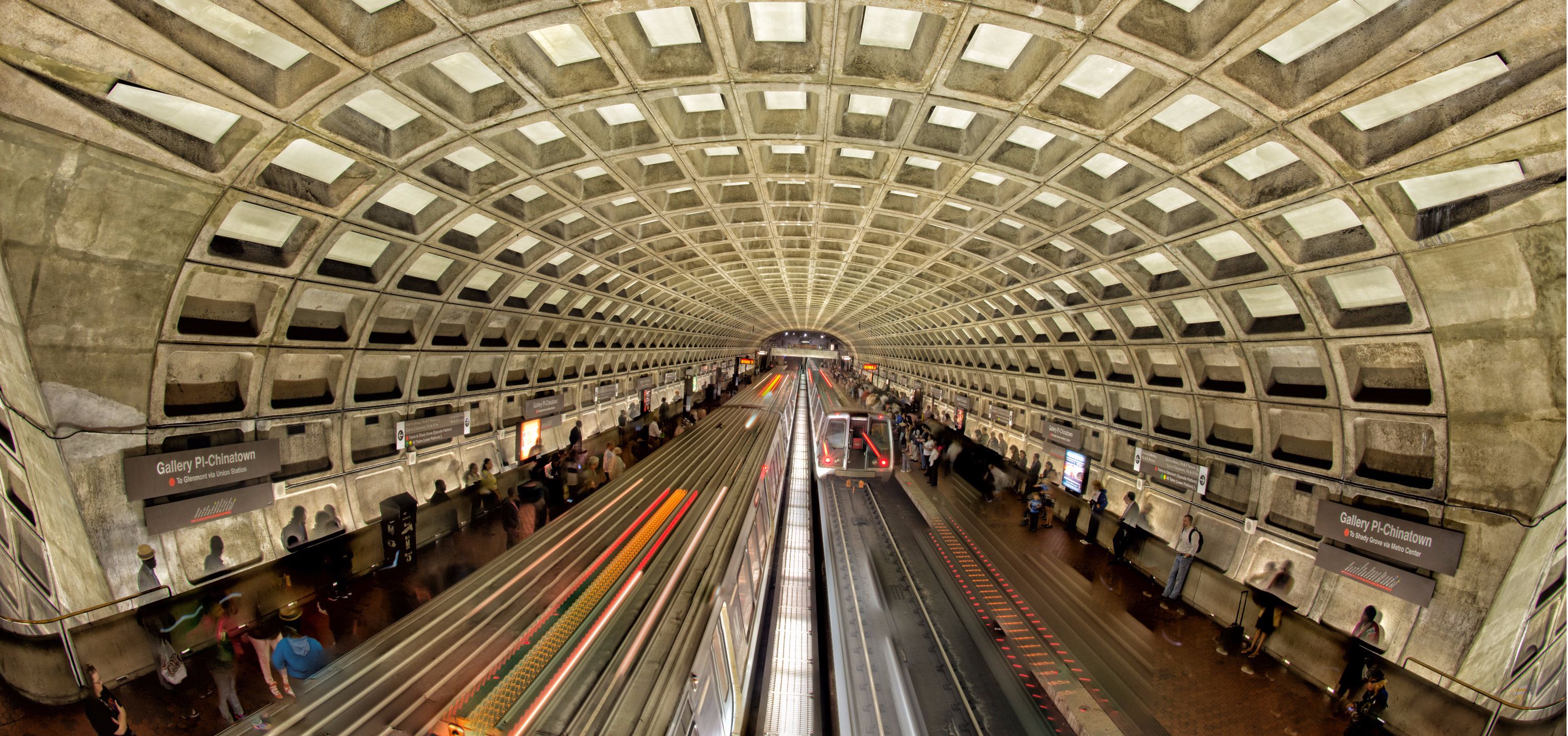
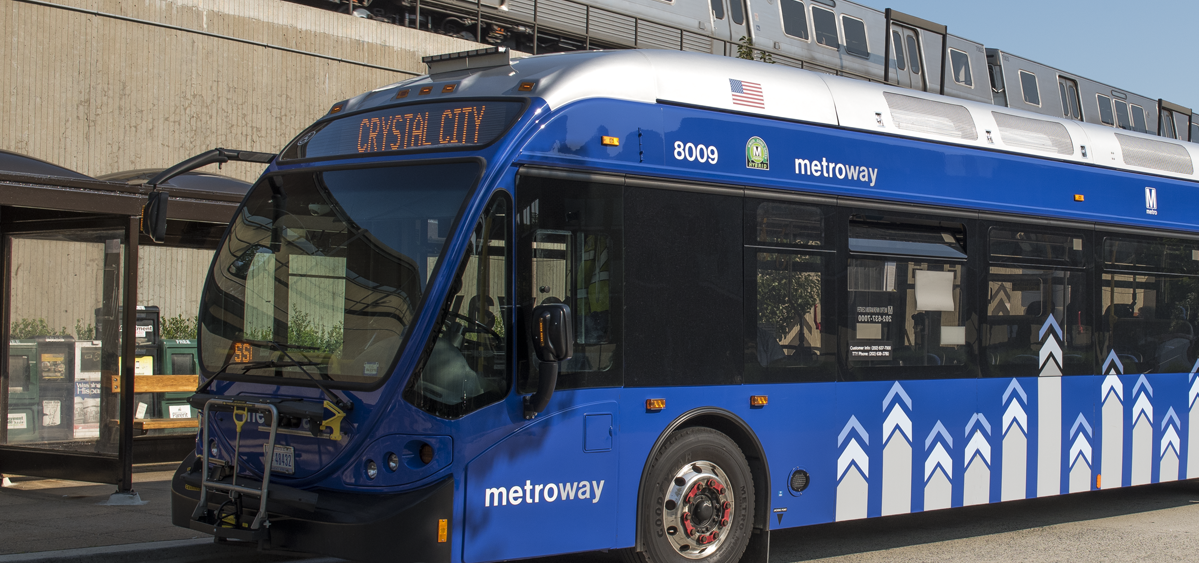
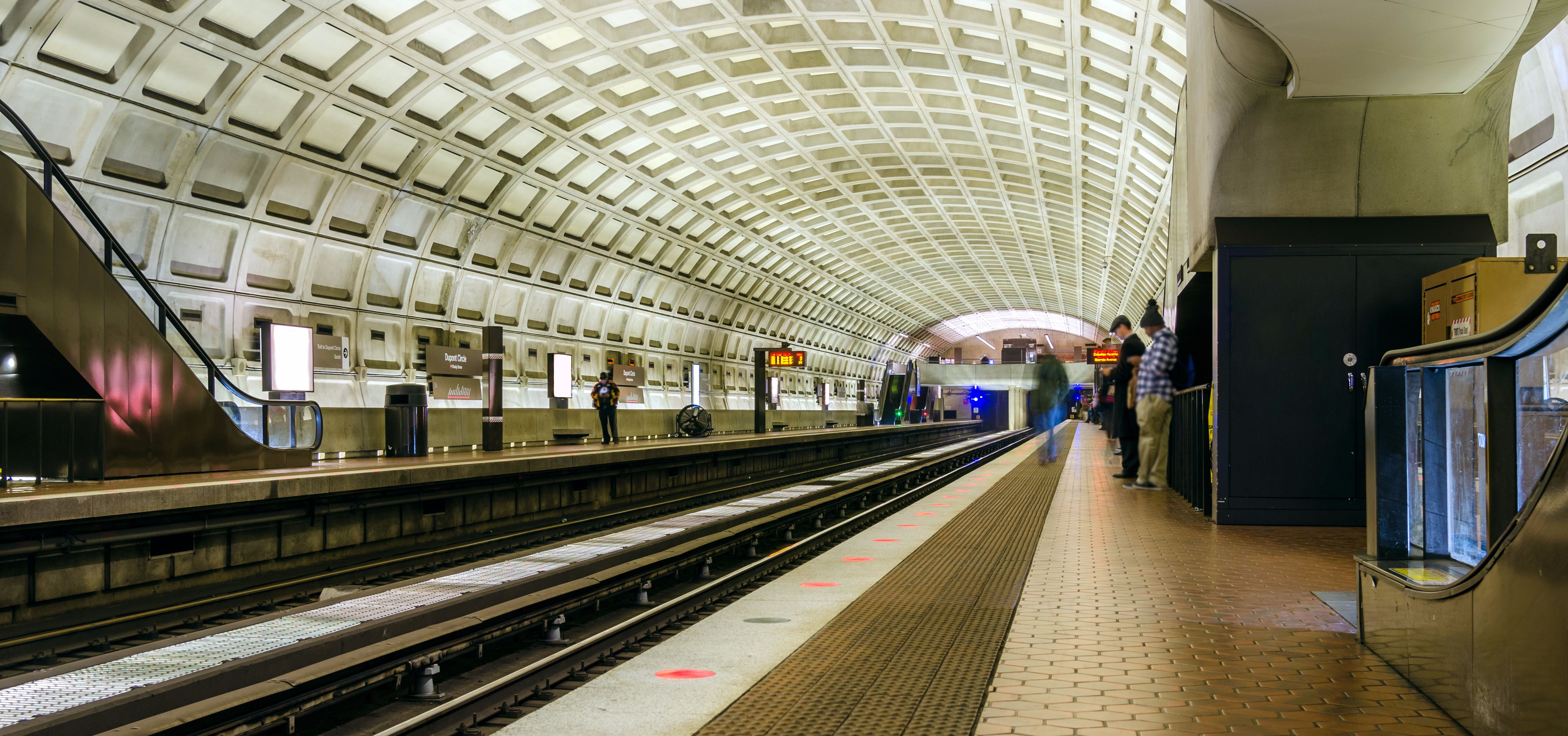
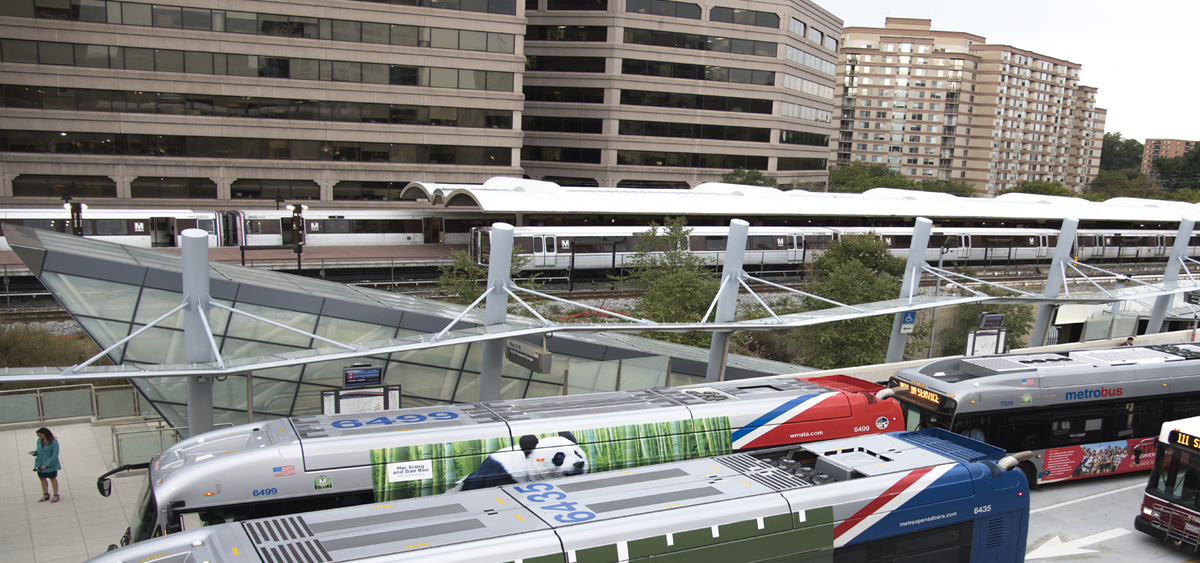
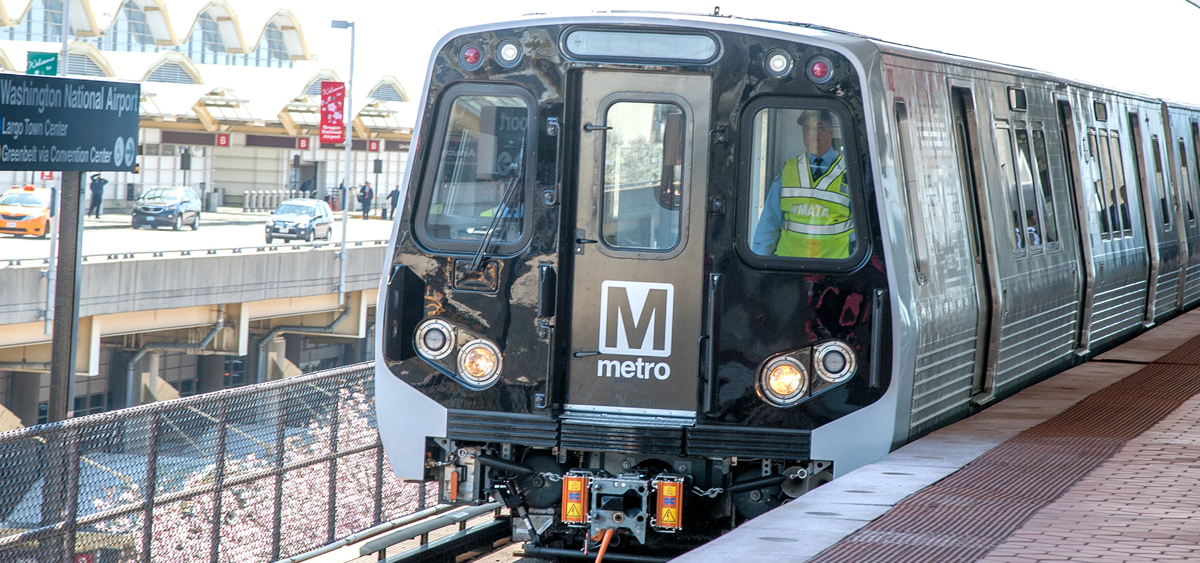
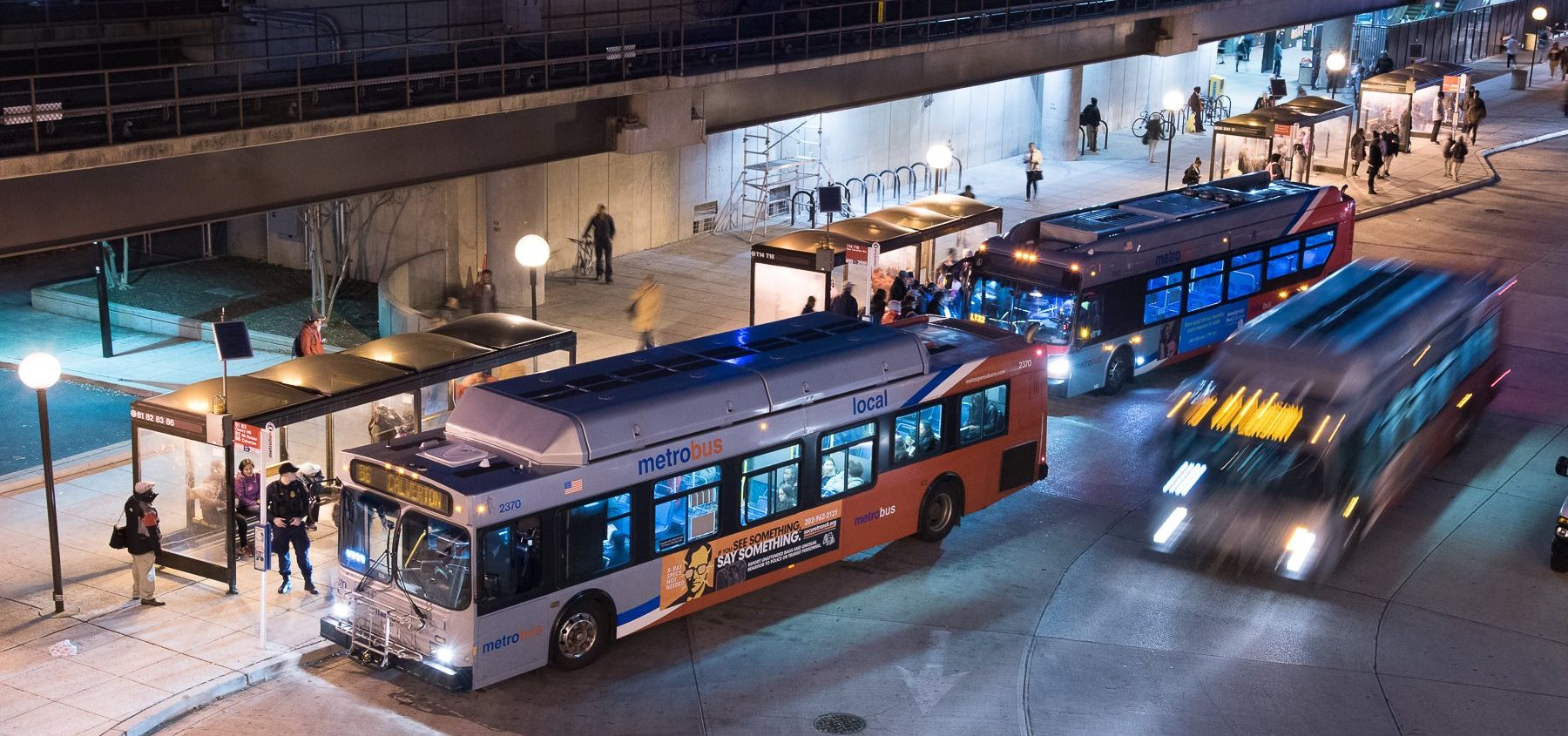
Sustainability
Learn about our environmental, social, and governance program, and how we bring those values to life with green bonds, sustainable projects, and more.
News
Commuter satisfaction with driving alone drops, while transit surges
Washington, DC (January 21, 2025) – Commuting in metropolitan Washington is shifting back toward pre-pandemic norms, though hybrid schedules remain a fixture for many workers, according to newly released data painting the clearest picture yet of changes in traveling to work before, during, and after the COVID pandemic. The Commuter Connections 2025 State of the Commute Survey Report shows that while telework rates have decreased from their pandemic peak, satisfaction with public transportation has risen significantly, contrasting with a decline in satisfaction among those driving alone.
The triennial survey of more than 7,500 employed adult residents examines commuting, defined as travel to and from work, for the region. Results from this survey inform planning efforts to reduce vehicle trips and emissions, and support transportation goals set by the National Capital Region Transportation Planning Board (TPB) at the Metropolitan Washington Council of Governments (COG).
According to our survey, driving alone is still the most common way to get around the DMV, but we have observed that solo drivers reported feeling less satisfied with their commute, while transit riders felt much more positive,” said Daniel Sheehan, Commuter Connections Director at COG. “With traffic increasing and fewer opportunities to work from home, now is the perfect time to explore better options. Commuter Connections makes it easy to find affordable, low-stress alternatives to driving alone, and also offers rewards to make the switch even more worthwhile.”
Hybrid Work Surpasses Full-Time Telework: The 2025 data reveals a distinct shift from full-time remote work to hybrid models. Nearly half of the region’s workers (48 percent) teleworked regularly in 2025, a decrease from 65 percent in 2022. The intensity of telework has also dropped; only 35 percent of commuters teleworked three or more days per week in 2025, compared to 75 percent in 2022. However, this frequency remains significantly higher than the pre-pandemic level of 14 percent recorded in 2019. Notably, federal workers, who reported the highest rates of telework in 2019 and 2022, reported the lowest rates in 2025, which corresponds with return to work mandates.
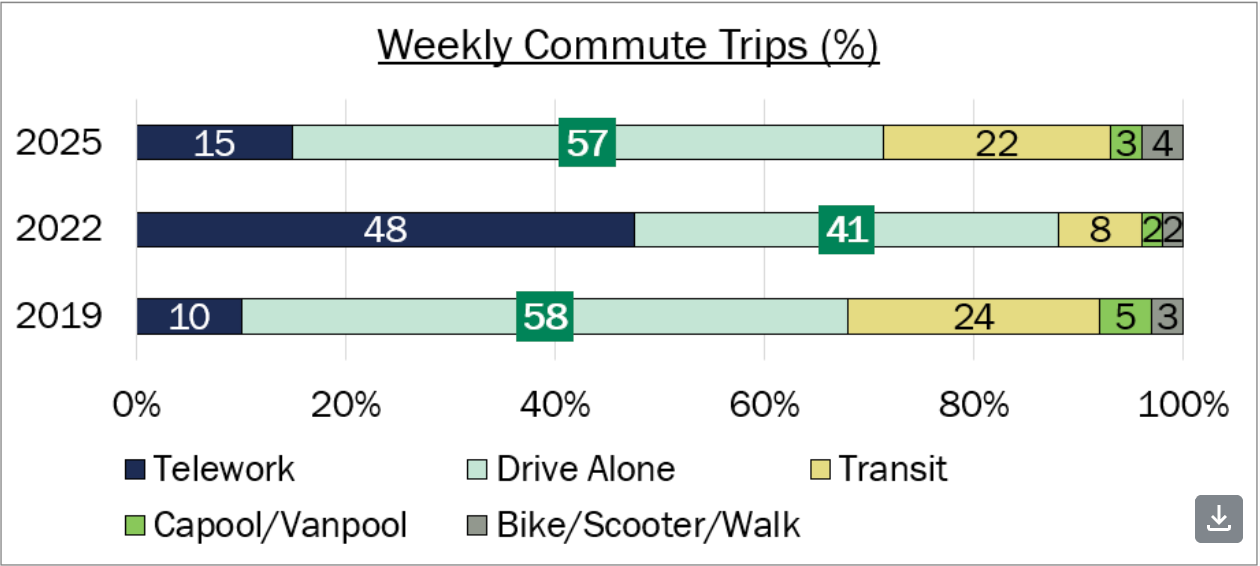
Satisfaction Shifts: Transit Up, Driving Down: As more commuters returned to the roads, travel times increased across the region compared to 2022, though they remain below 2019 averages. This return to more traffic congestion appears to have impacted commuter morale. Commuters who drive to work alone reported a 7 percent decrease in commute satisfaction compared to 2022, with only 44 percent reporting they were satisfied or very satisfied.
Conversely, satisfaction with transit modes surged. Between 2022 and 2025, Metrorail commuter satisfaction increased by 16 percent. Commuter rail and bus services also saw satisfaction gains of 9 percent and 6 percent, respectively. Approximately 50 percent of all commuters said they were satisfied or very satisfied with their commute in 2025, down slightly from 2022 when 52 percent said they were satisfied or very satisfied. Also, in 2025, commuter travel on transit rebounded, from 8 percent to 22 percent of trips.
Carpool Satisfaction: In 2025, 51 percent of carpoolers and vanpoolers were satisfied with their commute, ranking 7 percentage points higher than those driving alone.
Parking Incentives: Employer-provided parking remains a major factor in mode choice, 77 percent of commuters who drove alone had free parking, compared to just 24 percent of transit riders.
Relocation Factors: Commute length, ease of travel, and proximity to Metrorail stations or bus stops were the top factors cited by commuters who changed home or work locations.
Commuter Solutions: Commuter Connections, coordinated by the TPB at COG, is a regional network dedicated to making commuting easier and more affordable. The program provides free assistance and resources to help commuters find travel options that best fit their needs, whether carpooling, vanpooling, transit, or other alternatives to driving alone. Commuter Connections also provides free services such as ridematching for carpools and vanpools, the CommuterCash rewards app, and the Guaranteed Ride Home program, which ensures a free and reliable way home in case of illness, emergency, or unscheduled overtime. Learn more at commuterconnections.org.
Metro has received the Transportation Security Administration’s Gold Standard Award for transit security for a record fifth time, earning perfect scores across all 17 evaluated security categories.
The recognition highlights a sustained, systemwide commitment to protecting customers and employees, and positions Metro as a national leader in transit security and emergency preparedness.
“Protecting our customers and employees is at the core of everything we do,” Metro General Manager and CEO Randy Clarke said. “We continue to take a proactive and vigilant approach to addressing current and emerging security challenges while working in close coordination with our regional and federal partners.”
Metro’s latest recognition follows a historic year for safety across the system. In 2025, Metro recorded the lowest crime rate in its history, a result officials attribute to increased fare enforcement, more than 30,000 cameras monitoring the system, and ongoing collaboration between the Metro Transit Police Department and regional law enforcement agencies.
“The TSA Gold Standard Award is issued to organizations that have outstanding security programs,” said Sonya Proctor, TSA Assistant Administrator for Surface Operations. “This is the fifth time WMATA is the recipient of this award, a first for any TSA Gold Standard Award winner. We are excited to recognize WMATA for their exemplary efforts in helping secure the traveling public.”
Metro Transit Police Chief Michael Anzallo also emphasized the role of partnerships in achieving the honor.
“Metro’s security efforts reflect the dedication of the Metro Transit Police Department and the close collaboration we maintain with TSA and law enforcement agencies at all levels,” Anzallo said. “MTPD works with our local and federal partners supporting the safety and security of the National Capital Region.”
The award is based on TSA’s Baseline Assessment for Security Enhancement, known as BASE, a comprehensive review designed to strengthen threat prevention, protection, and response preparedness. Assessment categories include security planning, employee training, drills and exercises, and public outreach efforts.
In the metropolitan Washington region, transit drives economic activity, improves mobility and accessibility, and connects us to the world.
That’s why it was so critical that the DMVMoves Plan earned the endorsement of area leaders on the COG and Metro boards this past November, the culmination of an unprecedented 18-month effort.
The plan is our roadmap toward more seamless, integrated, world-class transit. It was made possible thanks to the engagement of a diverse coalition of leaders representing the region’s governments, businesses, and community organizations, and we are incredibly grateful to these officials, who provided their valuable time, expertise, and feedback while serving on our task force and advisory groups.
Since that historic vote, several steps have been taken to turn this transformative vision into reality.
☑️️Endorsements
We’ve been traveling to city and county boards and councils seeking local endorsements of the plan. Thank you to Arlington, Fairfax, and Loudoun Counties as well as the Northern Virginia Transportation Commission and Northern Virginia Transportation Authority for your support! We look forward to additional presentations this month.
🚌Transit Integration
We’ve been developing plans to ensure that the DMVMoves transit integration recommendations are implemented and deliver results for riders. (The Transportation Planning Board at COG will be developing a transit integration action plan this spring.)
💰Funding Legislation
We’ve been coordinating with area lawmakers to ensure funding legislation is introduced and advanced during the upcoming legislative sessions. We need your strong support in Annapolis, Richmond, and the District of Columbia to secure the $460 million annually in new, capital funding for Metro.
Thank you for all your work to move our regional vision for transit forward, together!
Projects
Team
Talk to us
Have questions? Reach out to us directly.



